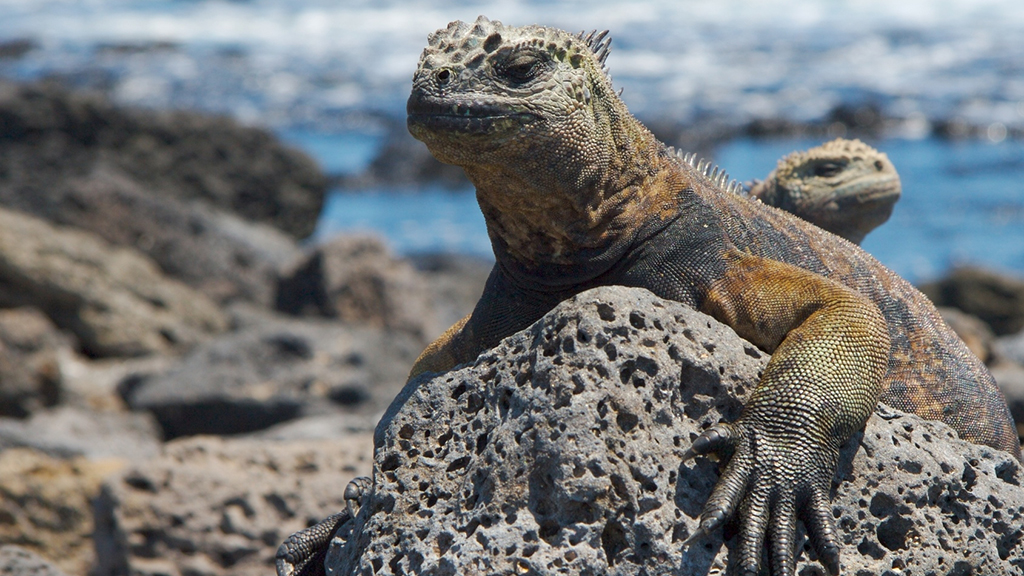Abstract
In this interrupted case study, students apply the scientific method to probe possible reasons behind declining marine iguana populations in the Galapagos Islands. Initially students are given rudimentary information and encouraged to generate wide-ranging hypotheses. Students are then given further information to help them refine their initial hypotheses into single, testable statements. As the case progresses, students shift to an examination of experimental methods and data interpretation. Over the course of the case, they utilize both inductive and deductive reasoning in developing their conclusions about the factors influencing marine iguana populations. The case is appropriate for an introductory course for majors or non-majors in general biology, ecology, or environmental science.



